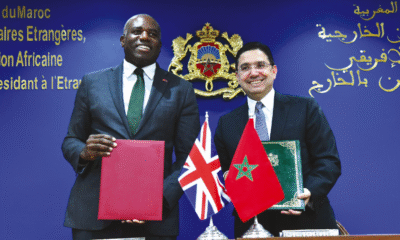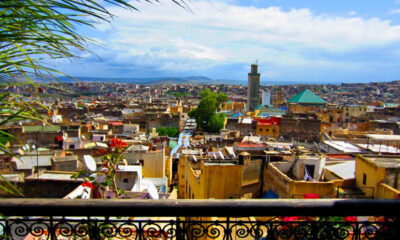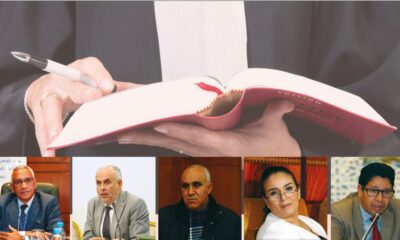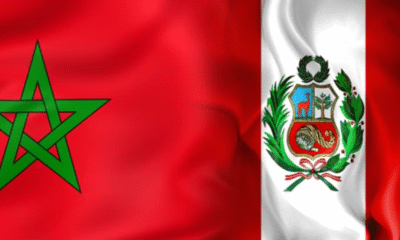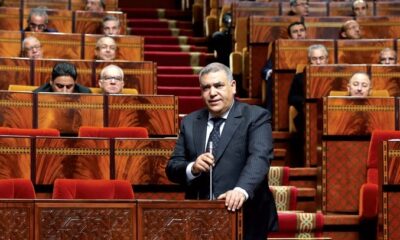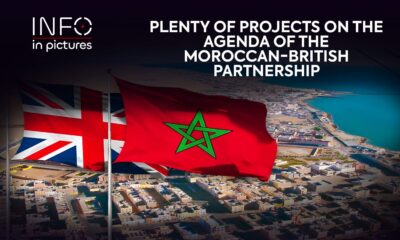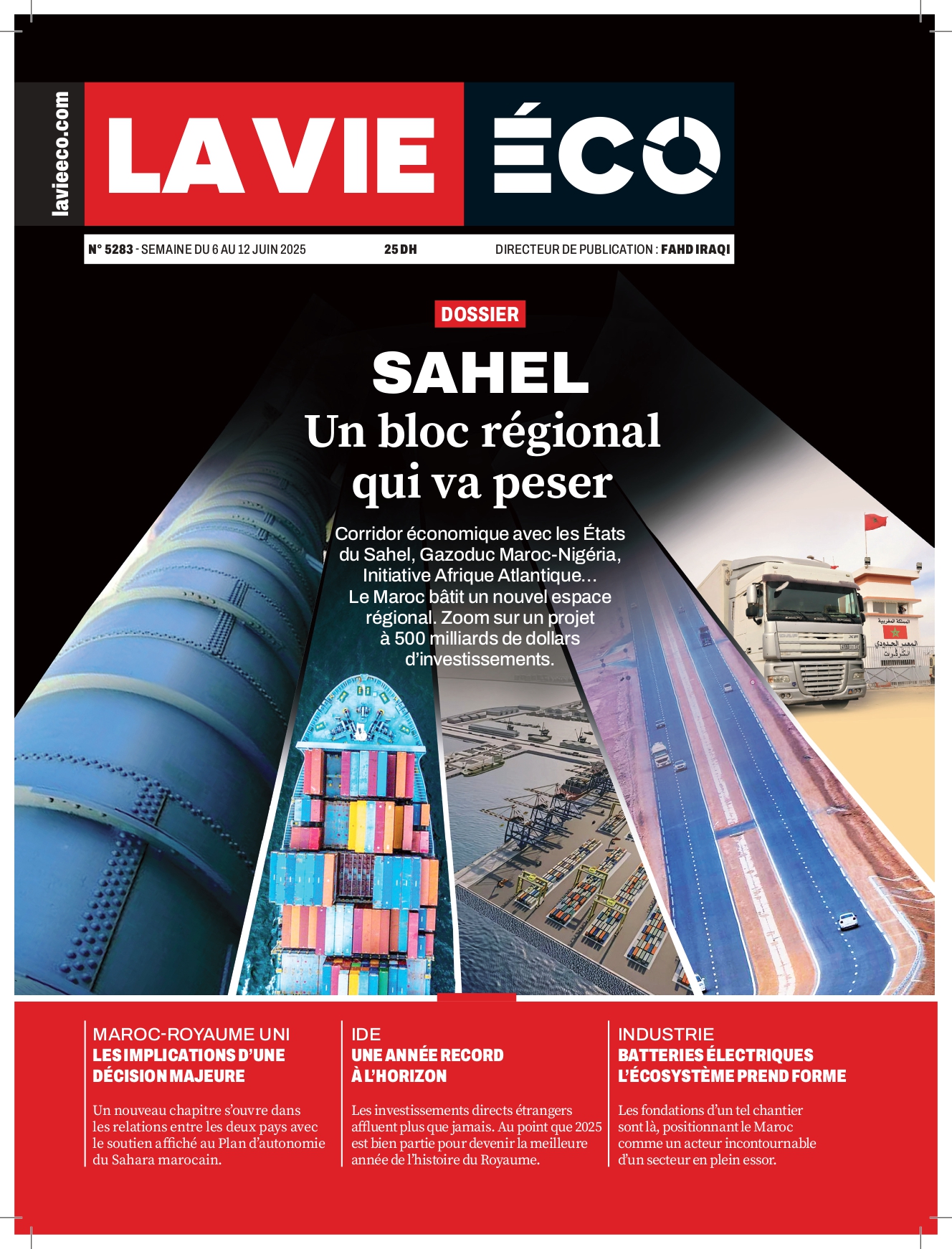Influences
FICAM 2025: In Meknes, a Cartoonish Revolution of Animation!
The International Festival of Animated Cinema (FICAM®) shook Meknes from May 16 to 21, merging animation and video games to redefine creation. This 23rd edition celebrated the boldness of artists while raising questions about the impact of artificial intelligence on the industry. Imagination took center stage, and the city once again asserted itself as a global beacon of animation.
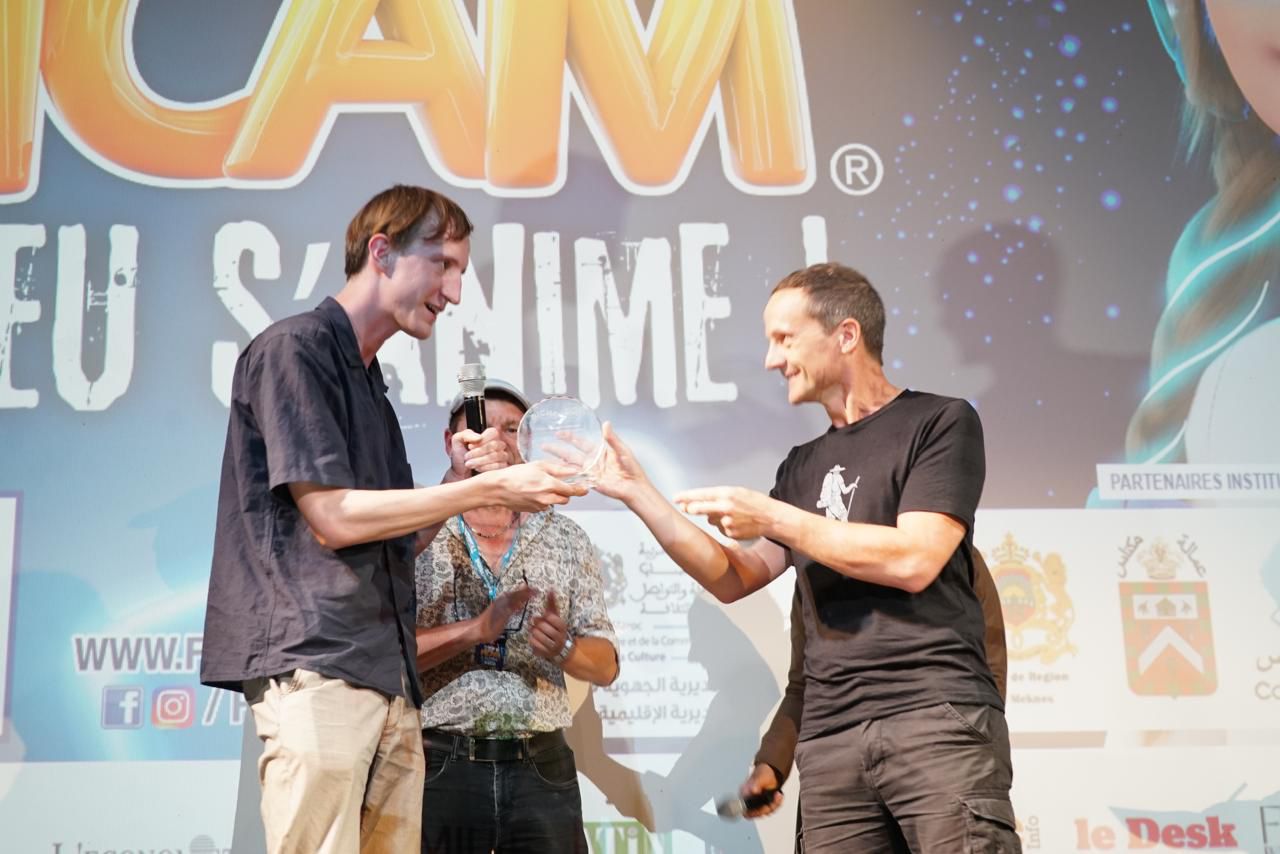
In Meknes, the 23rd edition of the International Festival of Animated Cinema (FICAM®) closed on May 21, leaving behind a trail of wild images, striking stories, and fiery souls.
For a week, one of Morocco’s four imperial cities transformed into a feverish laboratory where animated cinema and video games courted, embraced, and sometimes quarreled to give birth to a bright future. FICAM is where imagination longs to explode.
This year, FICAM dared a bold move: marrying animation, the art of moving souls, with video games, the realm of interactive stories. Workshops, masterclasses, conferences: the program buzzed with raw energy, driven by animators turned game designers, indie studios with twisted ideas, and hybrid creators reinventing the rules.
“Technique? a support, not a final aim,” says Morgan Ommer, a juror for the virtual reality (VR) competition, which showcased a harvest of immersive films. The big winner, Address Unknown: Fukushima Now by Arif Khan, flipped the script by making pixelated photogrammetry images a narrative frame, proving that a story that hits hard is worth a thousand technical feats.
The Agora square, transformed into an open-air arena, saw crowds mesmerized by cascading projections, carte blanche sessions with star authors, and intimate confessions about the behind-the-scenes of creation.
“FICAM is the meeting point, the beating heart,” emphasizes Alexis Hunot, a festival regular who regrets the physical absence of Mohamed Beyoud, the event’s guiding spirit. But the spirit remains intact, carried by a tribe of directors, jurors, students, and volunteers who return, magnetized like moths around a Moroccan flame.
The Awards
At the French Institute of Meknes, the closing ceremony unveiled an awards list reflecting this edition: bold, human, incandescent.
In the short films category, Pubert Jimbob by Quirjin Dees won the Grand Jury Prize Court’ Compét’ (€3,000), a narrative UFO blending biting humor and sticky unease with disarming direction.
“This film is a punch in the stomach, a visual slap,” enthuses Pierre-Luc Gronjon, juror and puppeteer who presented his creations at the festival last year.
Les belles cicatrices by Raphaël Jouzeau received a Special Mention, while Cracher dans la soupe by Chantal Peten moved the audience, cheered by festival-goers and students of the French Institute.
For feature films, Le parfum d’Irak by Léonard Cohen took the Junior Jury Prize (€2,000), a sensually visual and emotional glamour on the wounds of war and the silences between father and son.
Hola Frida by André Kadi and Karine Vézina, a true popular hit, won the Audience Award.
In VR, The River by Anbela Costa charmed viewers, and Play Life earned a Special Mention, but it was Address Unknown that took the top prize with its raw audacity.
Milo Bonnard, winner of the Student Prize for Intermission, touched hearts with his finely crafted stop-motion.
“Stop-motion is raw magic: puppets, real textures, emotions bursting forth,” he shares, recalling the nine months spent animating in a dark room with a budget of £10,000 — a rarity for a student film, courtesy of the National Film Television School.
Meknes, a Beacon of Global Animation
“Meknes is more than a city, it’s a capital of animation,” asserts Fabrice Mangiat, deputy director of the French Institute, in a speech full of gratitude. Supported by the Aïcha Foundation and a network of partners, FICAM is not just an artistic firework: it boosts the local economy and sows vocations. More than 100 Moroccan students dove into training, some already dreaming of becoming directors or sharp critics.
“This festival is a winning bet,” proclaims Mangiat, saluting the team’s sleepless nights and the delighted cries of children watching the films.
But beneath the cheers, a shadow looms: artificial intelligence.
“AI is the great shift,” warns Alexis Hunot, slightly worried. From storyboards to scripts, it is nibbling away at professions, risking sanitizing stories.
“Studios replace humans with algorithms; it’s capitalism striking,” he grumbles, while advocating for artists to seize the tool and twist it to their liking.
Pierre-Luc Gronjon dismisses the cliché of animation for kids: “I don’t think about children, I think about a story that shakes me. If it touches me, it will touch other hearts, here or elsewhere.”
A universalist creed that echoes his experience with Léo, a French success but American flop, and the joyful screams of Moroccan kids facing his puppets.
As the lights of FICAM go out, they leave a trail of stars in the eyes of dreamers, creators, and the curious.
“You are our ambassadors, you make Meknès shine beyond borders,” says Fabrice Mangiat, his voice full of emotion.
The date is set for 2026, where animation will continue to dance, provoke, and enchant.
Because FICAM is a promise — that of an art constantly reinventing itself, between human fragility and boundless boldness.

